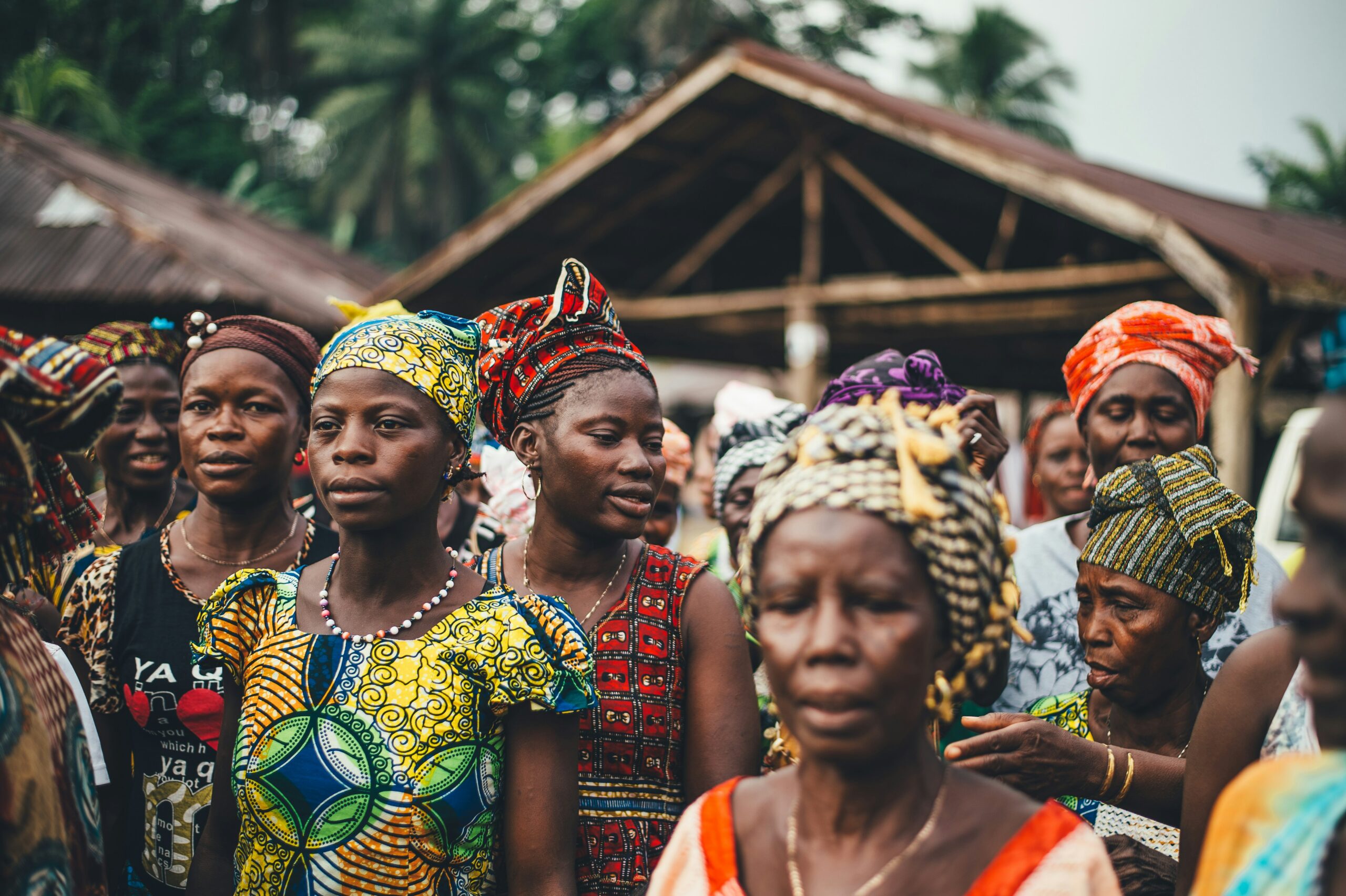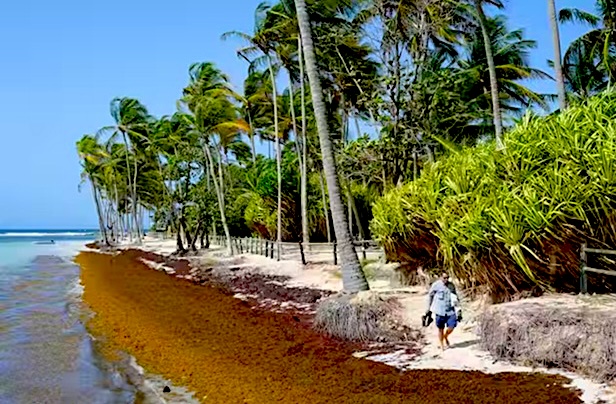The U.S. withdrawal from the WHO and pause in foreign aid present a dual challenge and opportunity for African nations to transition from donor-dependency to self-reliance in achieving Universal Health Coverage (UHC). By leveraging regional cooperation, local manufacturing, and strong civil society involvement, Africa can strengthen its health systems and enhance its capacity to address public health challenges independently.
The recent withdrawal of the United States from the World Health Organization (WHO) and the 90-day pause in foreign aid under President Donald Trump have ignited significant discussions around global health, particularly concerning Universal Health Coverage (UHC). Critics warn that this move threatens the long-standing commitment to “leave no one behind,” while some view it as a chance for Africa to strengthen its public health systems and shift from donor-dependency to self-sufficiency. The “Tracking Universal Health Coverage: 2023 Global Monitoring Report” highlights alarming statistics: 4.5 billion people worldwide lack access to affordable quality care, with 2 billion facing financial hardship and 1.3 billion being driven into poverty due to out-of-pocket health costs. For many developing nations reliant on U.S. funding for essential health programs like Tuberculosis, Malaria, maternal and child health, and HIV/AIDS, the reduction of foreign aid could exacerbate these issues.
While this geopolitical shift reveals the fragility of donor-dependent systems, it also offers a critical opportunity for African nations to rethink and enhance their health sovereignty in line with a new public health order. This will necessitate a comprehensive approach involving robust political commitment and active civil society engagement. The U.S. has historically played a significant role in global health through initiatives like the President’s Emergency Plan for AIDS Relief (PEPFAR), which has saved millions of lives. However, legal challenges are arising around the unilateral nature of the U.S. withdrawal from the WHO, as Congress seeks to obstruct this move, underscoring the organization’s vital role in global health security.
In light of the U.S. withdrawal and the retreat from international agreements, the WHO is now urging innovative financing solutions, while philanthropic groups and emerging economies like the BRICS nations are considering increasing their contributions. Their involvement, however, ought to encompass more than just financial aid but also technical collaboration and knowledge sharing. The situation particularly highlights Africa’s dependency on foreign aid to achieve UHC. The continent’s response to COVID-19 showcased its potential for regional cooperation and innovation, but it also revealed weaknesses, mainly the reliance on external sources for medical supplies. Nevertheless, several African nations are taking steps to enhance local vaccine production, with leaders advocating for increased domestic resource mobilization.
The African Union’s new public health order aims to consolidate these advancements by emphasizing institutional fortification, local manufacturing, and boosting domestic health financing. Civil Society Organizations (CSOs) stand as critical partners in this endeavor, acting as bridges between marginalized communities and policymakers, advocating for the realization of UHC goals, and thus playing an indispensable role in this transformative journey.



